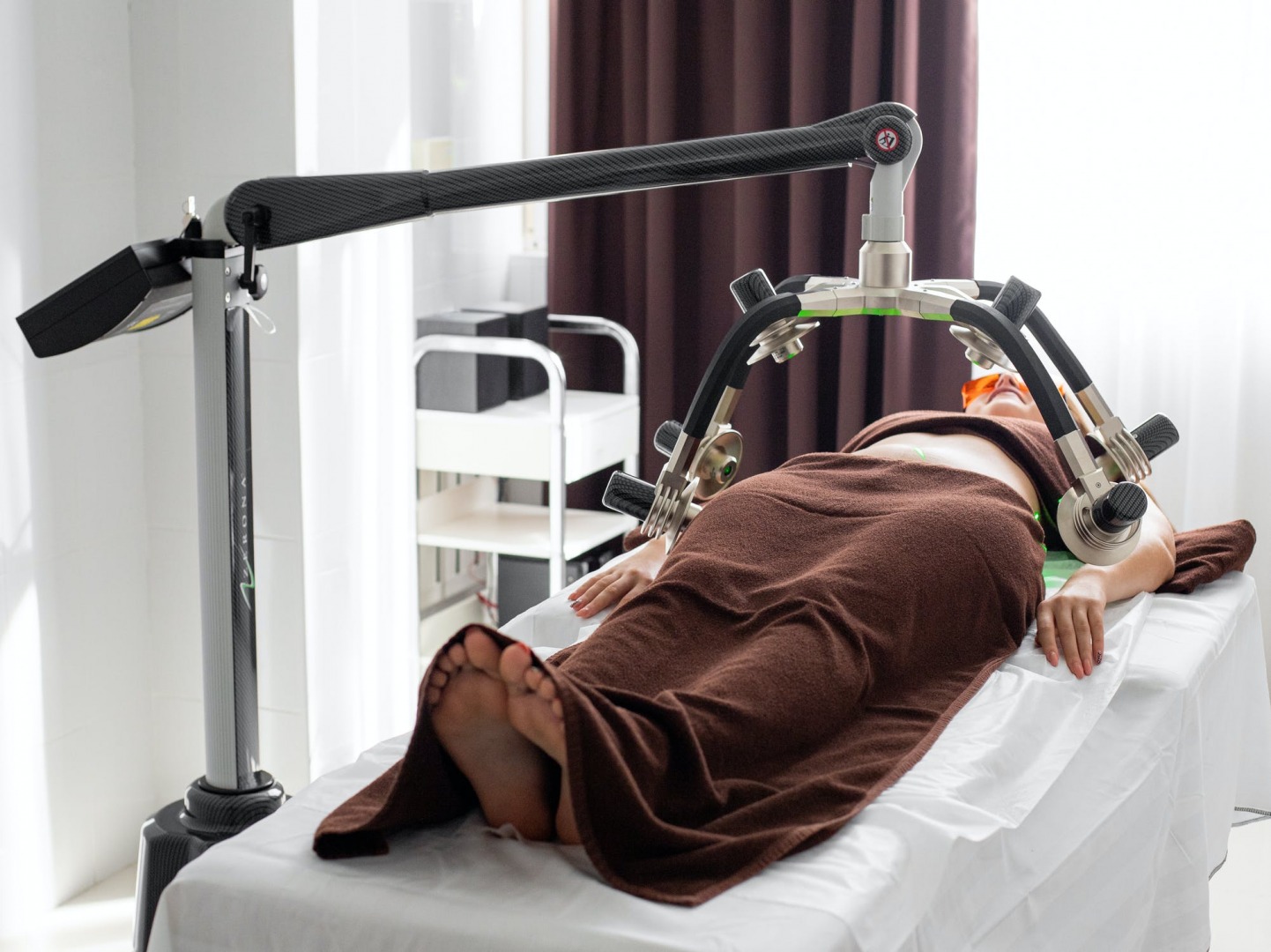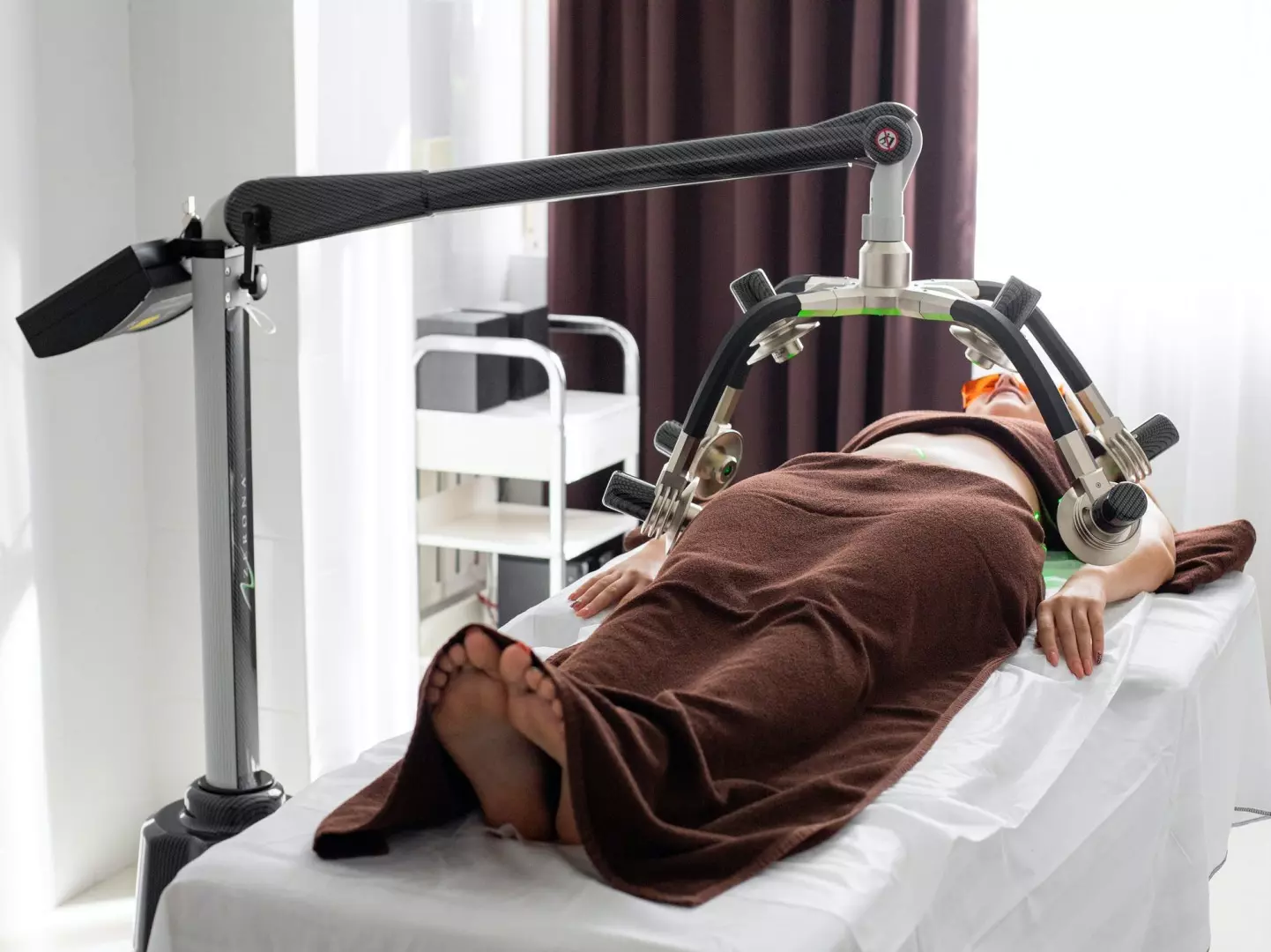Comments
- No comments found

Healthcare has always been a central focus of public and private sectors, employing huge percentages of the global workforce and creating trillions in GDP worldwide.
But now, the healthcare sector is making way for a new sub-category of wellness products and services, addressing market demands from a new angle and using technology to drive innovation and business.
What exactly do we mean by wellness in contrast to standard healthcare, and what is the role of technology as this new industry emerges strong? Let’s see what leaders in the wellness industry have to say, and what we can expect from this exciting space in the future.

What is the wellness industry, anyways? Let’s find out how leaders in the space define this unusual term and how it differs from healthcare as a whole.
“People are quick to write off the wellness industry as a series of fads or ‘hacks’ that don’t actually move the dial in terms of actual health. That couldn’t be further from the truth. We see people turning their lives around with wellness technology and products that just didn’t exist in the traditional confines of healthcare. That’s evidence enough that the wellness industry is here to stay.” - Tim Sharif, CEO and Founder of 310 Nutrition
“I view wellness as any activity or lifestyle choice that improves your baseline level of well-being, whether that’s in the physical, mental, spiritual, or even your relationships with other people. These ideas have always been on the periphery, but technology is making it more acceptable and mainstream, which is a great thing for everyone. All those negative connotations of the past are melting away.” - Jeremy Gardner, CEO of MadeMan
“It’s clear that healthcare, in its current form, has limitations in terms of reaching people and connecting with them on a human level. Even the most advanced medical care is not optimized to promote real, ongoing health in all areas of life. Wellness picks up where healthcare ends. It’s a combination of fitness, nutrition, connection, and mindfulness that we need more than ever in the modern world. Technology is only helping to improve the delivery of these services and make them more accessible.” - Lindsay McCormick, Founder and CEO of Bite
The goals of wellness are to heal and be healthy, so how does tech fit into the picture? Here’s what visionary CEOs have to say on the role of technology in wellness.
"Apple is a tech company, but that’s just the foundation. What our technology can do is the thing that matters most. I believe that if you zoom out to the future and you look back to ask: 'What has Apple's greatest contribution been?' It will be in the wellness-and-health area." – Apple CEO Tim Cook
“I’m amazed to see how technology has amplified and improved communication between people, whether it’s a simple video chat or a creative activity with a larger group. The whole basis of our company is to deliver fun and educational experiences to people who would otherwise miss those opportunities. We’re spanning across generations, cultures, backgrounds, and skill levels. That’s a sign of good things to come in the wellness industry overall.” - Seb Evans, Co-Founder of Banquist
“The broad definition of wellness means that opportunities are abundant in this growing space. Our products, like many others, focus on sleep hygiene, which is something we need to improve upon as a society. In that small niche, I see technology making a huge impact, whether it’s wearable tech with ‘sleep performance’ data, supplements that promote restful sleep, personal care products that rejuvenate the body and mind at night, and so much more. In every little corner of the wellness industry, technology has the potential to spark innovation and growth. Imaginative thinking will be the difference-maker, rather than pure technical ability.” - Matthew Mundt, Founder and CEO of Hug Sleep

Few industries have emerged so rapidly and successfully as tech-powered wellness products and services. What does the future have in store, according to business leaders in the space?
“The connection between wellness products and traditional healthcare will be interesting to watch. We believe consumer health technologies - apps, wearables, self-diagnosis tools - can strengthen the patient-physician connection and improve health outcomes.”- Dr. Glen Stream, Chairman, Family Medicine for America’s Health
“I think we’ll continue to see surprises around every corner in the wellness space, as technology redefines our ideas of what’s possible. Ten years ago, I would have been shocked to hear that snack foods could taste good and help people turn their health around – yet here we are. On top of that, technology accelerates the flow of information and reveals alternatives to prevailing narratives about things like weight loss, mental health, etc. That’s going to have a huge, positive effect on how we understand health and access all kinds of wellness products going forward.”- Bill Glaser, CEO of Outstanding Foods
“The future of wellness will bring about personalized solutions for problems that we once thought were ‘one-size-fits-all’. We’re already seeing brands deliver customized supplements, diet plans, exercise regimens, and guided meditations. Before long, everything in the wellness space will have some kind of personal twist based on the needs of the individual and their preferences. That’s how it should be, and it’s made possible by technology.” - Sarah Pirrie, Brand Director of Healist Naturals
“Wellness is one of those unique industries where consumers are active participants and part of these vibrant communities online. That’s a big factor in how technology will shape the future of this space. It’s not just about the product anymore, but also about the lifestyle, the commitment, the accountability, and the community. That’s something you can’t really get from standard healthcare services, and why I’m so confident that wellness is on a massive upward trajectory as a whole.” – Jacques-Edouard Sabatier, Co-Founder and CEO of JOW
Wellness and healthcare may live under the same umbrella from a market standpoint, but they’re complementary sectors that will play key roles for human health and longevity.
Keep an eye on the wellness space and watch as technology changes the way we care for ourselves and others moving forward.
Leave your comments
Post comment as a guest